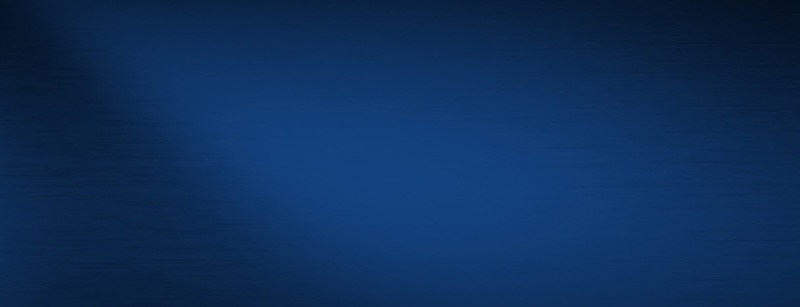“The media” lies in the eye of the beholder. For Senator Bernie Sanders, the Vermont socialist and novice podcaster, the phrase represents corporate interests inexorably pushing America toward neoliberal oblivion. Fox News host and recreational conspiracy theorist Sean Hannity lambasts the singular entity as a cabal of cultural elites cracking down on Real American™ values. Noted newspaper reader, avid cable news watcher, and prolific tweeter Donald Trump shellacs “the media” when critical observers dare turn their gaze on his White House.
Small wonder, then, that civilians inundated by such disparate talking points exhibit similar definitional dysfunction, as indicated by a survey released Wednesday by the Media Insight Project, a collaboration between the American Press Institute and Associated Press-NORC Center for Public Affairs Research. The study suggests that Americans often dissociate their media from the media they so often criticize, a finding with far-reaching implications for journalists who—rumpled hats in hand—have spent the better part of the past year biting their nails over how to regain public trust in the craft.
Such discussions harken back to the days after Watergate, when institutional approval of the press was at a record high—and when the marketplace for political insight was more cohesive. Any remnants of that mythical past were swept away in the upheaval of the past year. The Media Insight Project’s survey is merely the latest addition to a growing body of evidence that suggests there may be no going back.
RELATED: Print is dead. Long live print.
The study of 2,036 adults broke respondents into two groups, one answering questions about “the news media” and the other “the news media you use most often.” Unsurprisingly, the former displayed more skepticism toward news organizations than the latter.
While just 17 percent of respondents said the media is “very accurate,” more than 34 percent said the same about their media. Whereas 30 percent of those polled described the media as dealing “fairly with all sides,” more than 48 percent echoed the sentiment with regard to their media. The people surveyed displayed similar gaps on questions pertaining to perceived liberal bias, journalists’ morality and their willingness to admit mistakes, and the press’s role in democracy.
Such differences in perception were more acute among respondents who identified as Republican. There were progressively smaller gaps among those labeling themselves as Independents and, in turn, Democrats. While a majority of the first group said they relied on cable television as their go-to news source—namely, Fox News—a plurality thought of broadcast TV when conceptualizing “the news media” broadly. That’s a predictable finding, given right-wing press organizations’ saturation with fire-and-brimstone commentators bashing a monolithic “media” of which they are somehow not a part.
Perhaps more interestingly, the study suggests that American adults under the age of 40 trust “the news media” less than their elders, regardless of ideology. Is that evidence of a generational antipathy toward news organizations’ role? Or is it merely a reaction to a media market that the social Web has obliterated into thousands of individualized shards?
If 2016 brought the belated realization that our politics is more tribal than we’d thought, 2017 indicates the same innate truth about our media environment. In an era of excessive choice, my media serves me well; yours is smut.
ICYMI: A hidden message in memo justifying Comey’s firing
That schism doesn’t necessarily foretell the implosion of civic engagement or the doom of American democracy, as many pundits have implied. This country has survived a fragmented and hyper-partisan media environment devoid of morality, let alone agreed-upon journalistic standards, for much of its history. The true tragedy is that professional journalists and the public they aim to serve are only beginning to grapple with this notion today.
“There is no such thing as ‘the press’; there are newspapers,” poet and satirist Ambrose Bierce once wrote. “Except as regards their mechanical characteristics they have nothing in common; to class them under a generic name with reference to their effect on popular liberty—whatever that may be—is as indocible and impenitent nonsense as it would be to include sea-serpents and stop-watches under one comprehensive designation for convenience of considering their collective influence on atmospheric tides.”
The year of publication was 1878. And as a media writer nearly 140 years on, I must throw myself into Bierce’s gantlet of impenitent nonsense: Stopwatches are ticking on the financial fate of news organizations pursuing honest journalism. Digital sea-serpents have ripped public attention from their grasp. And for better and for worse, atmospheric tides are rising ever higher, threatening to wash away “the media” from the public imagination.
TRENDING: We tested paywalls at NYTimes, WSJ, WashPo, and more. All of them were pretty leaky, except one.
David Uberti is a writer in New York. He was previously a media reporter for Gizmodo Media Group and a staff writer for CJR. Follow him on Twitter @DavidUberti.

